
Myanmar’s Suu Kyi seeks to revive peace process with fresh talks.
Yangon, Myanmar, 27 Sha’ban 1438/24 May 2017 (MINA) – Myanmar moved a step closer to ending one of the world’s longest-running conflicts on Tuesday when it emerged that three previously barred rebel groups had been invited to peace talks.
Also Read: Pakistan Condemns Israeli Settler Attacks in West Bank, Al-Aqsa Storming
“We are informed that the rebel leaders decided to attend the conference,” Aung Soe, a member of the Myanmar Peace Commission, told Anadolu Agency. “The plane carrying them is arriving very soon.”
A conference to end fighting that has been ongoing since independence from Britain in 1948 is to start in the capital Nay Pyi Taw on Wednesday.
Seven ethnic rebel groups are yet to sign a cease-fire deal with the government but now plan to attend the Union Peace Conference.
Three of those — the Myanmar National Democratic Alliance Army, the Arakan Army and the Ta’ang National Liberation Army — had previously been barred from joining the peace process. The alliance of the seven rebel groups is being led by the country’s largest rebel group, the United Wa State Army.
Also Read: China Criticizes US-Drafted UN Gaza Resolution as Vague, Abstains from Vote
Some of the rebel groups have carried out attacks on checkpoints, police stations and a trade zone on the country’s eastern border with China.
A rebel leader told Anadolu Agency tna* representatives from the Chinese government had met local officials in Nay Pyi Taw and rebels in Kunming, the capital of China’s southern Yunnan province, in recent days.
“The agreement is because of China’s mediation,” Khun Okkha, leader of Pa-O National Liberation Army, said on Tuesday.
“Like it or not, China plays a vital role in peace-building in our country. I don’t know the details but this is a positive move as the peace process becomes more inclusive.”
Also Read: Former Bangladesh PM Sheikh Hasina Sentenced to Death
The government has said that more than 700 representatives have been invited to a five-day second session of the conference.
Former President Thein Sein launched peace talks after replacing the military junta in 2011, leading to the signing of the Nationwide Cease-fire Agreement with eight rebel groups in October 2015.
Despite this, several major groups remained outside the peace framework and severe fighting has been seen in northern Kachin, northeastern Shan and western Rakhine states.
Ethnic groups want a new federal constitution promising autonomy that could be put to a referendum. Myanmar’s earlier federal constitution was replaced by military rule after a 1962 coup. (T/RS5/RS1)
Also Read: Pakistan Declares State of War After Car Bomb Incident
Mi’raj Islamic News Agency (MINA)
Also Read: Jakarta Hosts Gala Dinner for World Peace Forum Delegates





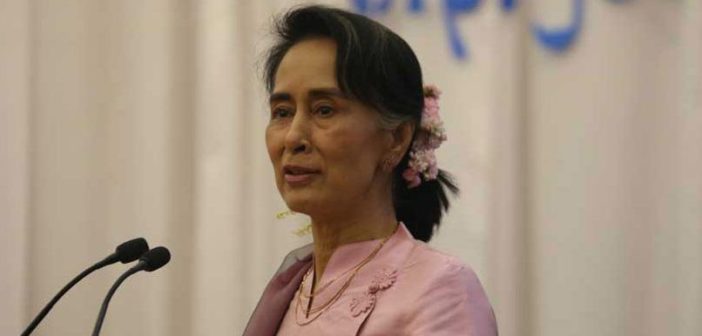

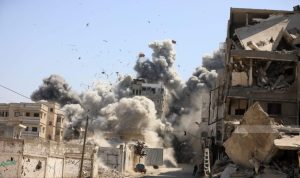

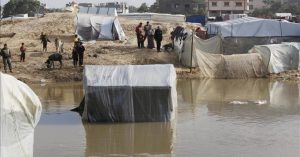
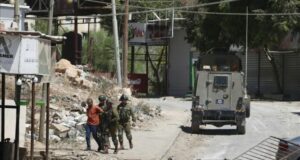
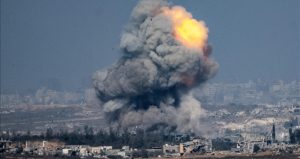



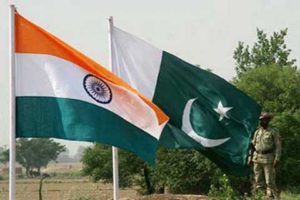
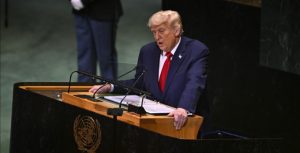
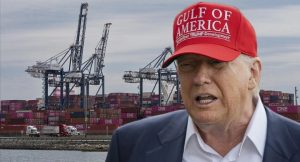
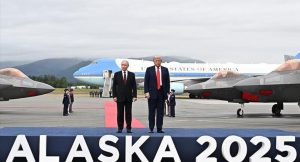
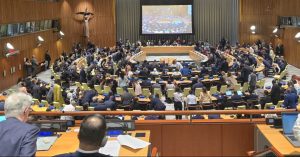
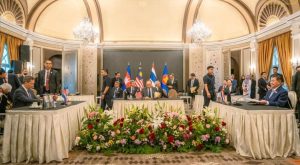







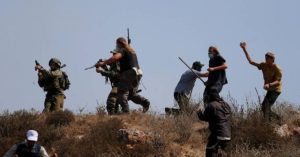



 Mina Indonesia
Mina Indonesia Mina Arabic
Mina Arabic